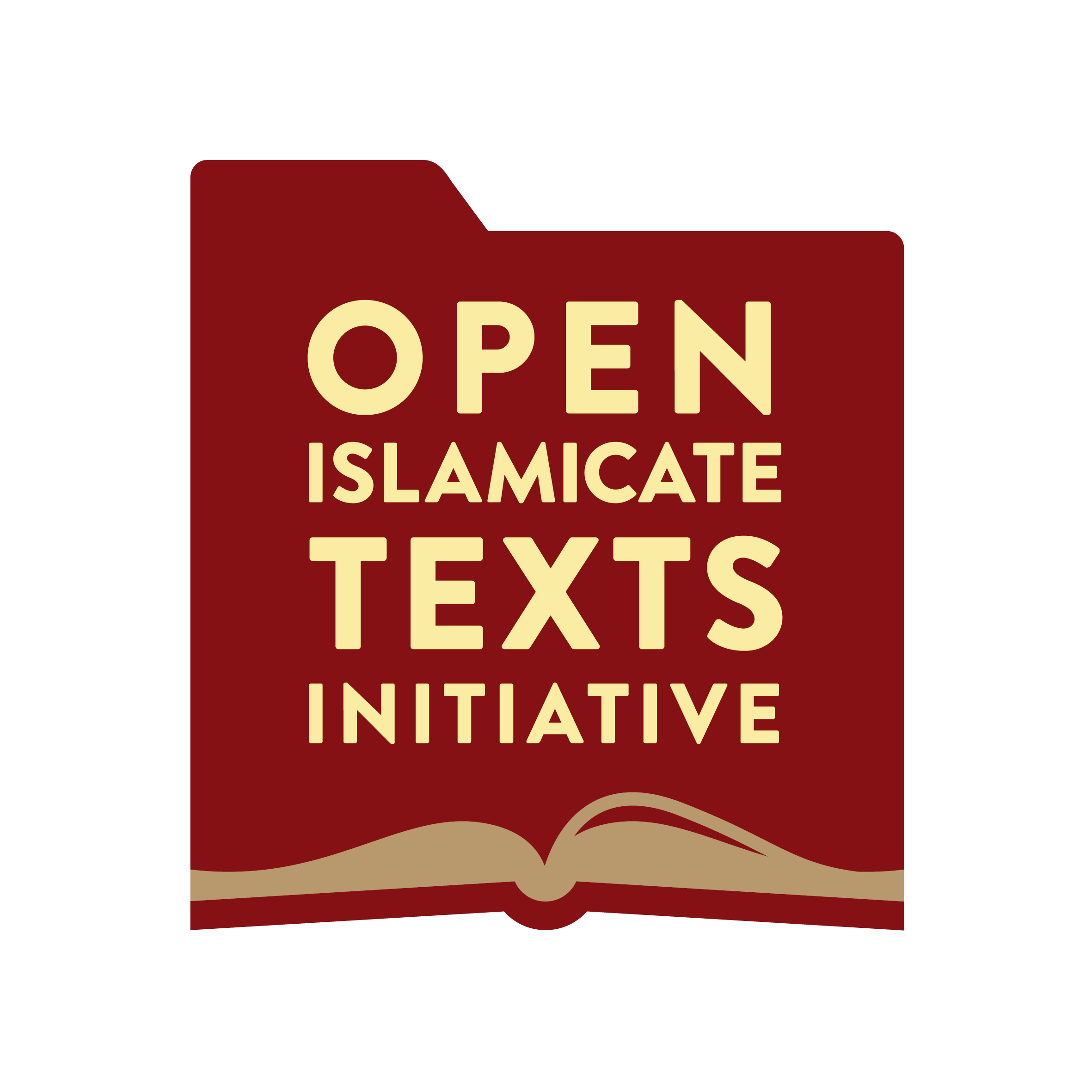The Open Islamicate Texts Initiative Arabic-script OCR Catalyst Project (OpenITI AOCP), University of Maryland
 Funded through two grants from The Andrew W. Mellon Foundation, the Open Islamicate Texts Initiative Arabic-script OCR Catalyst Project (OpenITI AOCP) is the first undertaking of its kind to tackle the technical and organizational barriers that historically have stymied the development of Arabic-script OCR and digital text production for Islamicate Studies.
Funded through two grants from The Andrew W. Mellon Foundation, the Open Islamicate Texts Initiative Arabic-script OCR Catalyst Project (OpenITI AOCP) is the first undertaking of its kind to tackle the technical and organizational barriers that historically have stymied the development of Arabic-script OCR and digital text production for Islamicate Studies.
OpenITI AOCP is led by an interdisciplinary team of humanities, computer science, and digital humanities co-principal investigators from Roshan Institute for Persian Studies at the University of Maryland, College Park, Northeastern University’s NULab for Texts, Maps, and Networks, the Aga Khan University’s Institute for the Study of Muslim Civilisations in London, and the Maryland Institute for Technology in the Humanities at the University of Maryland, College Park. We are proud to partner with the SHARIAsource project of the Program in Islamic Law at Harvard Law School and the eScripta project of Université Paris Sciences et Lettres for the technical development portion of the project.
Invisible East, University of Oxford
 The Invisible East at the University of Oxford is a research programme that examines the history of the 8th-13th century Islamicate world in Iran, Afghanistan, Central Asia, western China and northern India/Pakistan, bringing the medieval Islamicate East to the forefront of historical and philological research. The team studies 500-1000 documents written in New Persian, Judeo-Persian, Arabic, Bactrian, Sogdian. Khotanese, and Middle Persian and, in doing so, also sheds new light on politica,l financial, and legal infrastructures, and religious diversity of the region. IE is contributing a machine-readable corpus of its documentary sources to the KITAB project to be hosted by the OpenITI, and to be made freely available to all via GitHub and Zenodo open access platforms.
The Invisible East at the University of Oxford is a research programme that examines the history of the 8th-13th century Islamicate world in Iran, Afghanistan, Central Asia, western China and northern India/Pakistan, bringing the medieval Islamicate East to the forefront of historical and philological research. The team studies 500-1000 documents written in New Persian, Judeo-Persian, Arabic, Bactrian, Sogdian. Khotanese, and Middle Persian and, in doing so, also sheds new light on politica,l financial, and legal infrastructures, and religious diversity of the region. IE is contributing a machine-readable corpus of its documentary sources to the KITAB project to be hosted by the OpenITI, and to be made freely available to all via GitHub and Zenodo open access platforms.